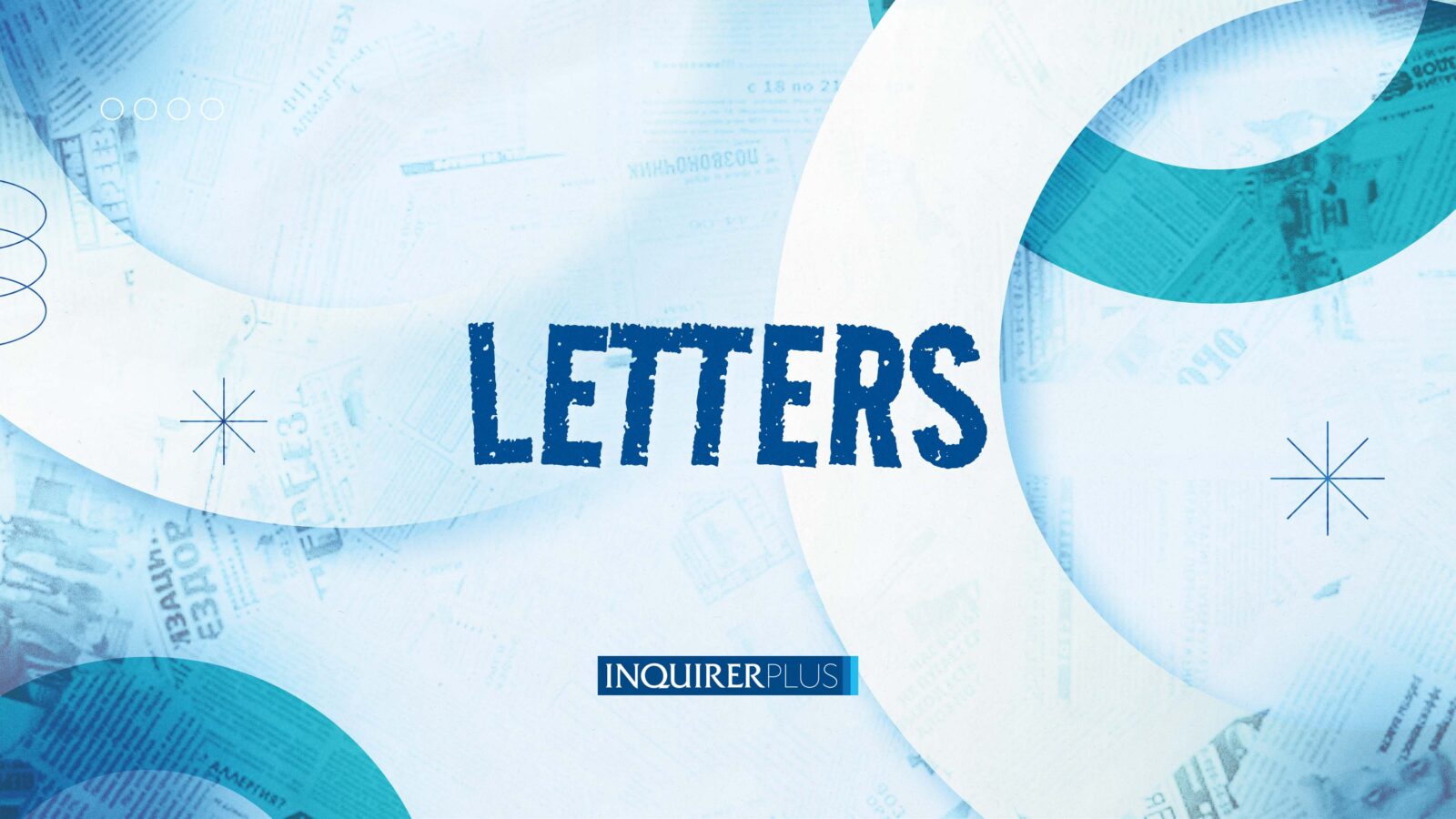Science for sustainable development and peace

What often gets lost amid all the negative news about corruption and scandals is, for example, that Nov. 10 is Unesco’s World Science Day for Peace and Development, which was established in 2001. This day aims to raise public awareness of the role of science and research in sustainable development and peace. There are also positive developments in the world, mostly from the work of scientists, intelligent developers, inventors, and thinkers.
Creativity has always propelled us forward. Just think of how Galileo Galilei defended his scientific views against the Inquisition.
The charges against Galileo stemmed from his teachings of the heliocentric worldview, which challenged the geographical and religious order of the Church. Galileo is often associated with the phrase “And yet it moves!” (original: “Eppur si muove”) after he publicly rejected the Copernican worldview; of course, only under duress and to avoid endangering his life.
Today, we all know he was right. When the former president of Cuba, Fidel Castro, assured the audience at the 2003 Pedagogy Congress that the development of education in the world, amid a struggle in which ideas were the most important instrument for saving humanity, had enormous political, social, and humane significance, he assigned educators a responsibility on the path to knowledge and the development of ideas that are more valid today than ever before.
We remember the professors, teachers, and educators who introduced our children to the world of science and guided them on their journey.
In the Philippines, science also receives too little attention; it deserves more support. Hooray for progress and science!
Jürgen Schöfer,
biopreparat.schoefer@gmail.com

















Why inclusive health care is good economics